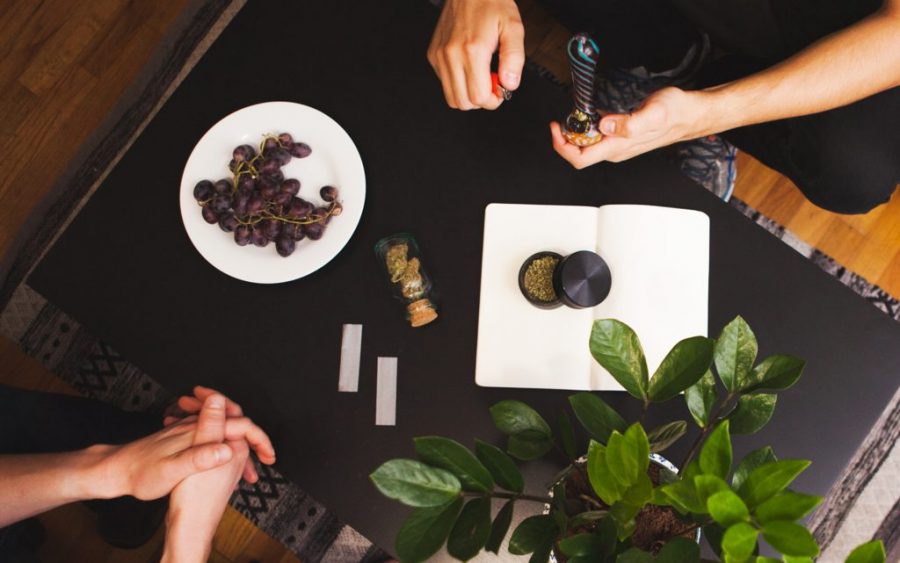South Dakotans will vote on legalizing recreational cannabis
An announcement made by the South Dakota Secretary of State’s office on January 6 had cannabis connoisseurs jumping for joy. Fortunately for pro-pot residents, an initiative to legalize cannabis for recreational purposes is making its way to the 2020 ballot.
Over 50,000 signatures were reportedly submitted in November by the South Dakotans for Better Marijuana Laws. The number of signatures required to qualify was 19,961; out of the 50,000, 36,707 were considered to be valid.
If Illinois’ recreational cannabis measure is effectuated, the state constitution would be changed to permit cannabis consumption for recreational purposes. Moreover, the law would prompt the legislature to legalize medical cannabis use and hemp sales no later than April 1, 2022.
A different measure that would develop a medical cannabis program in South Dakota was also given the thumbs-up in December to be featured on the ballot – Measure 26. This measure is sponsored by New Approach South Dakota.
15 percent tax to be imposed on recreational cannabis sales in South Dakota
Customers who visit South Dakota’s dispensaries to purchase recreational cannabis – in the event that the measure is approved – would be required to pay a 15 percent tax on cannabis sales. A purchase limit of one ounce would also be included in the rules for legal cannabis sales in South Dakota.
Cannabis taxes can greatly benefit the economy in states that legalize, with many green states using the money to fund community and school programs. However, in places like California – where the markup rate for cannabis excise tax climbed from 60-80 percent on New Year’s day – black market dealers are undercutting the legal market on price, due to high retail prices.
Cannabis legalization is sweeping across much of the United States
Cannabis is still illegal at the federal level in the United States. Nonetheless, 11 U.S. states and Washington D.C. have legalized recreational cannabis use and possession as of January 2020. In addition to this, 33 U.S. states and Washington D.C. have legalized or decriminalized cannabis for medical purposes. Cannabis oil containing the non-psychoactive compound CBD (cannabidiol) has also been legalized in 13 U.S. states.
Between the years 1996 and 2018, 74 different measures have made their way to the South Dakota ballot. Approved measures constituted 39 percent of the total amount, whereas 61 percent did not get approval. You can find out more by clicking here.








